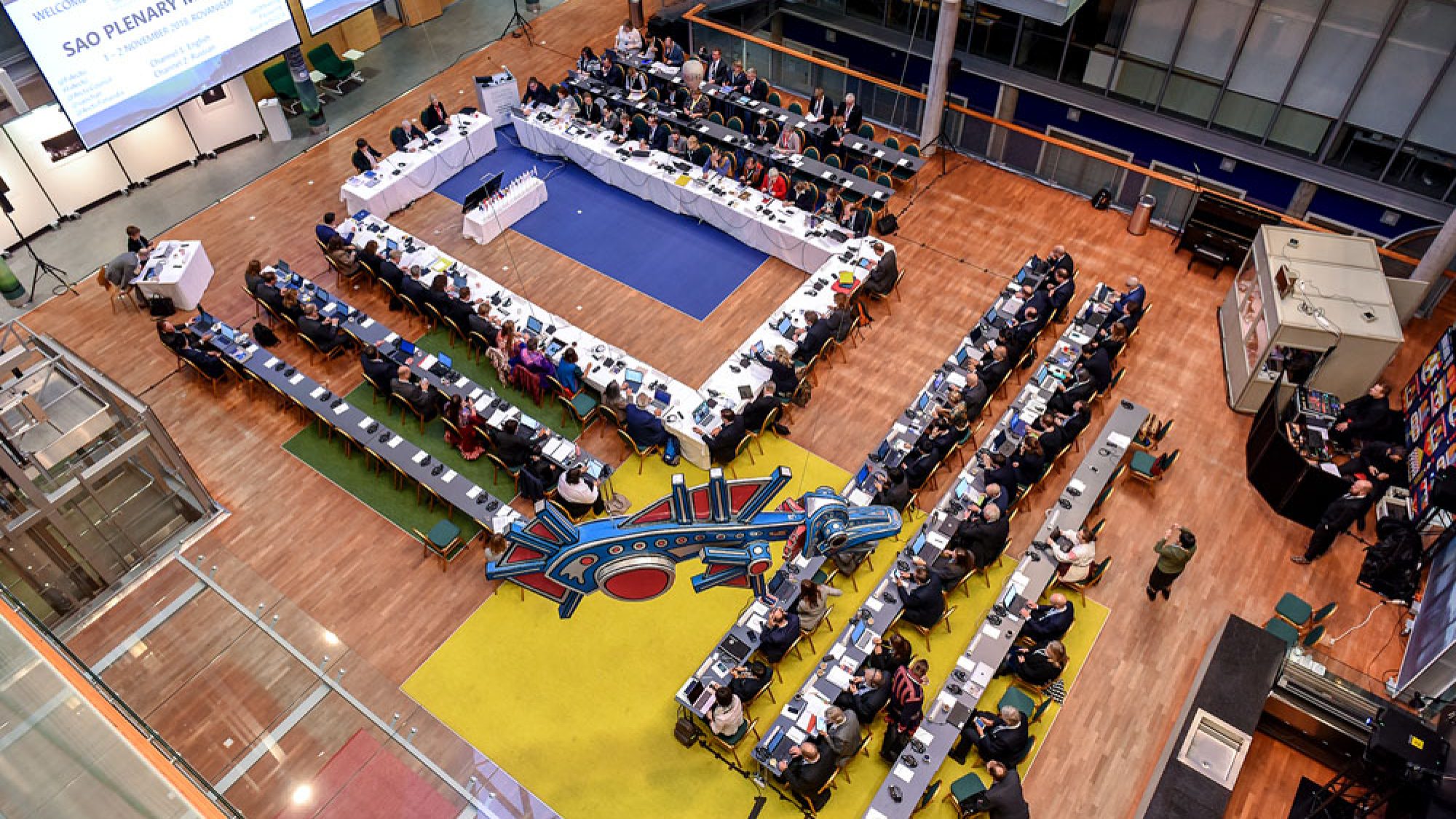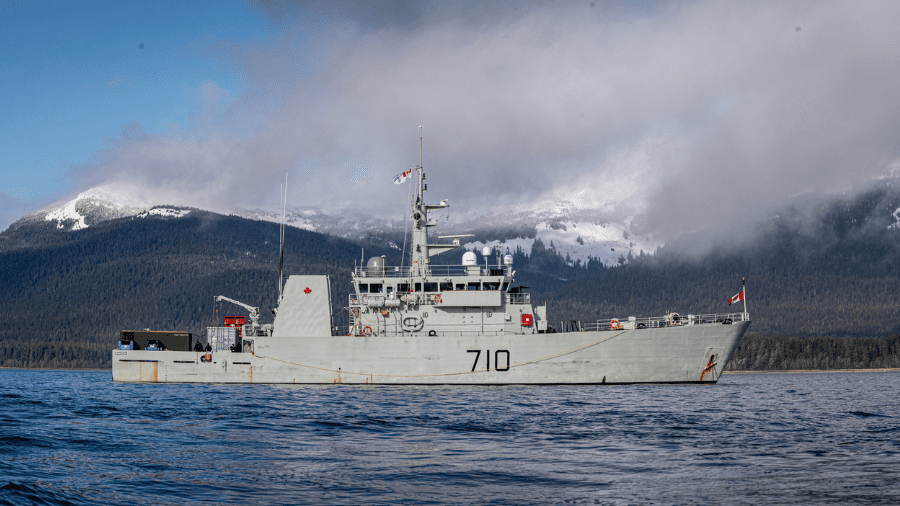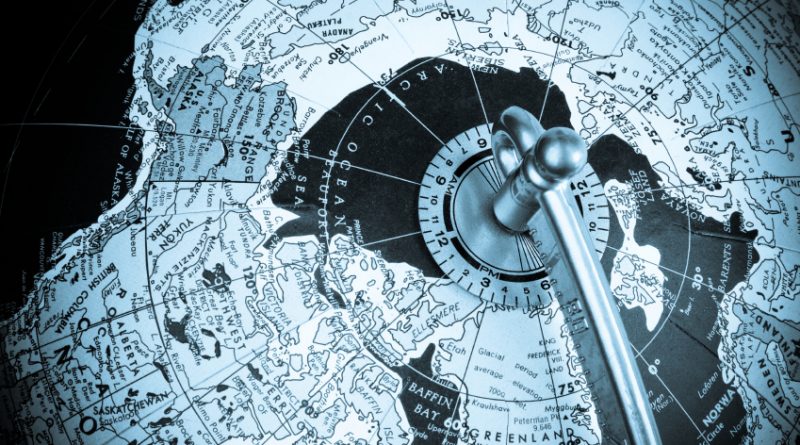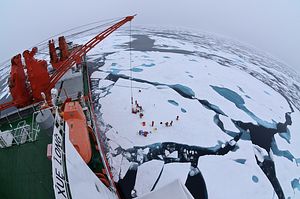Russia, Respecting The Rule of Law/Arctic Council Chairmanship 2021-2023
 |
"A cross-cutting priority of the Russian Chairmanship in the Arctic Council will be "Responsible Governance for Sustainable Arctic" through promoting collective approaches to the sustainable development of the Arctic, environmentally, socially and economically balanced, enhancing synergy and cooperation and coordination with other regional structures, as well as implementation of the Council's Strategic Plan, while respecting the rule of law.""The Russian Chairmanship will continue supporting the establishment of the Arctic Council as the leading format for international Arctic cooperation, improving its work, increasing the effectiveness of its Working and Expert groups, the Secretariat, as well as developing mechanisms for financing the Council's activities, including its projects and programs, implementing decisions and recommendations, as well as encouraging the dialogue and interaction with the Observers to provide their meaningful and balanced engagement in the Council’s activities. It intends to further intensify collaboration of the Arctic Council with the Arctic Economic Council, the Arctic Coast Guard Forum, the University of the Arctic. Among the priorities of the Russian Chairmanship – promoting international scientific cooperation, in particular, exploring the possibility to conduct an Arctic Council scientific expedition to the Arctic Ocean."His Excellency Lavrov Sergey Viktorovich Minister of Foreign Affairs of the Russian Federation
 |
| Sea ice in the Arctic Roscongress |
"The hopes for cooperation with Russia in the Arctic continue to cool. Days after a U.S. diplomat stated that cooperation with Russia in the Arctic was now virtually impossible, the Kremlin published amendments to its Arctic policy. President Putin signed the decree earlier this week on 21 February 2023. ""The updated document places greater emphasis on Russian national interests in the region and removes specific mentions for cooperation within the Arctic Council.""While the original policy, published in March 2020, called for the “strengthening of good neighborly relations with the Arctic states” in the fields of economic, scientific, cultural and cross-border cooperation the amended version removes the above section and instead calls for the “development of relations with foreign states on a bilateral basis, […] taking into account the national interests of the Russian Federation in the Arctic”."High North News
 |
| President Putin discusses expansion of Russia’s territorial claims with the permanent members of the Security Council. (Source: Kremlin) |
The eight Arctic states that comprise the Arctic Council are Finland, Norway, Iceland, Sweden, Russia, Denmark, Canada and the United States. All these states in collaboration and agreement have produced binding agreements focused on preservation and environmental protection. The council represents a rare platform that gives a voice to the region's Indigenous peoples. Security interests are not part of the Council's agenda,
The Arctic Council for close on three decades has been an example of successful post-Cold War cooperation. Its members have seen common purpose in cooperating on climate-change research and social development in recognition that this is an ecologically sensitive region of the world and currently undergoing vast environmental transformation linked to Climate Change.
All that has changed. Following the Russian invasion of Ukraine other council members were estranged from Russia as a rebuke of its imposition of war on its neighbour, and stopped working with their Russian counterpart. Norway now prepares to assume the Council chairmanship from Moscow, on May 11. Leaving experts to ask whether the viability of the polar body itself is at risk reflecting its inability to cooperate with the very country that controls over half of the Arctic coastline.
There could be dire future implications for the region's environment and its four million inhabitants who face the effects of melting sea ice and the interest of non-Arctic countries in the region's untapped mineral resources in the face of an ineffective Arctic Council. With the end of cooperation with Moscow a third of the council's 130 projects cannot move forward, new projects cannot proceed, existing projects cannot be renewed.
 |
| Arctic Council Meeting |
No longer do Western and Russian scientists share climate-change findings. Cooperation for possible search-and-rescue missions or oil spills has come to an end. "I am worried that this will really hobble the ability of the Arctic Council to work through these various issues", stated US. Senator Angus King. Polar waters are opening to shipping as sea ice vanishes. The Arctic is known to be warming four times faster than the rest of the world.
Industries are eager to exploit the region's endowment of natural resources that include oil, gas and metals like gold, iron and rare earths. An effective response to changes and the vital issues that loom are less likely given discord between Russia and the other members of the Arctic Council. "Norway has a big challenge. That's how to rescue as much as possible of the Arctic Council's good work in the absence of Russia", pointed out John Holdren, co-director of the Harvard Kennedy School's Arctic initiative.
For its part, Russia points out that the work cannot continue without its cooperation. Nikolay Korchunov, Russian Arctic Ambassador, said he was not confident it "will be able to remain the main platform on Arctic issues, given that the council has become weak". There is the possibility that Russia may decide that issues affecting the region must be addressed with Russian interests only in mind. Or that it may establish a separate Russia-centric rival council.
 |
| China warmly welcomes Putin’s state visit in 2018. After the conversation between Xi Jinping and Putin, China and Russia reached a consensus on deepening bilateral cooperation and signed a series of cooperation agreements. Photo: Presidential Press and Information Office |
Russia has recently taken steps to expand cooperation in the Arctic with non-Arctic states; signing a memorandum for example with China, establishing cooperation between the two countries' coast guards in the Arctic. China's interests in the Arctic revolve around shipping and investing in ore extraction, particularly rare earth minerals. Russian Arctic Ambassador Korchunov pointed out Moscow's welcome of non-Arctic states in the region. With the proviso they not arrive with a military agenda.
And this is yet another area where Russia has distinguished itself, long before its invasion of Ukraine occurred. It has rebuilt or refurbished old Soviet military bases on its Arctic shorelines and islands that form part of Russian territory. It is Russia under Vladimir Putin that has militarized the Arctic, a condition it wants no other country to emulate.

Labels: Arctic Council, Canada, Cooperation, Denmark, Environment, Finland, Iceland, Norway, Russia, Sea Ice, Sweden, United States
/https://www.thestar.com/content/dam/thestar/news/canada/2020/01/18/companies-are-pledging-to-avoid-arctic-shipping-routes-some-residents-say-thats-not-necessary/baffin_bay.jpg)



